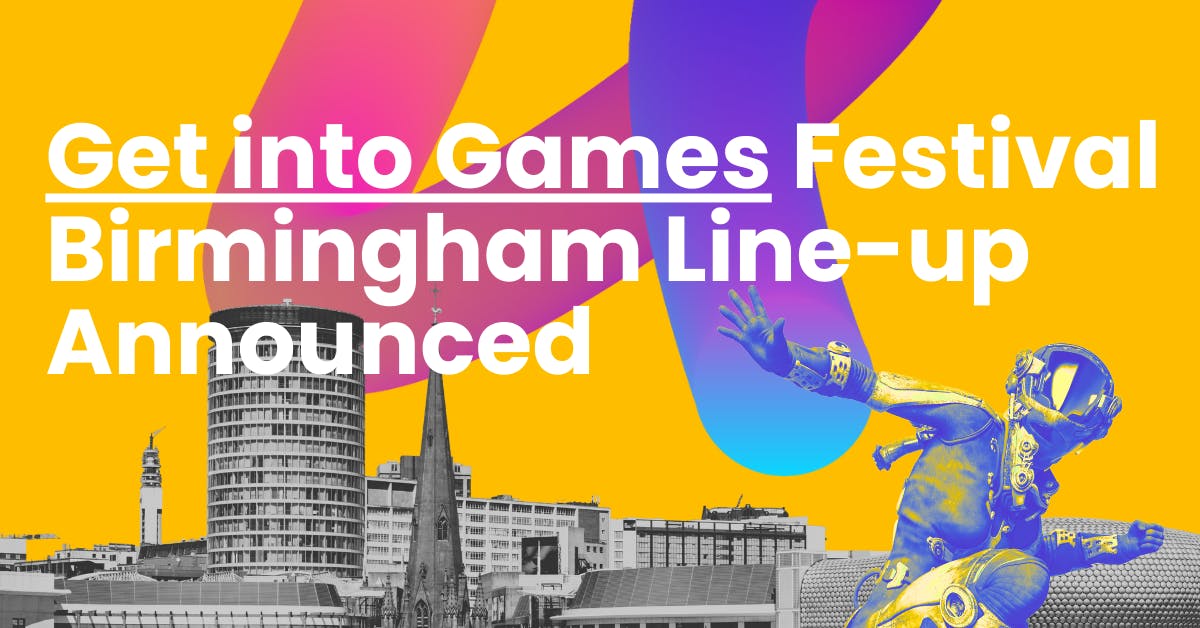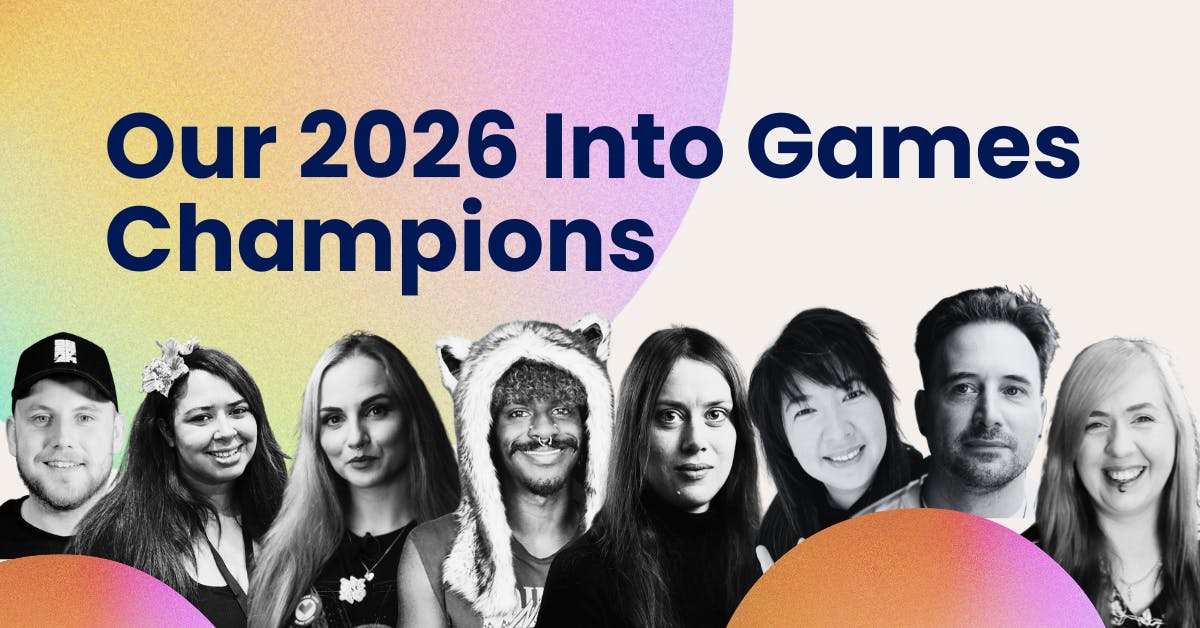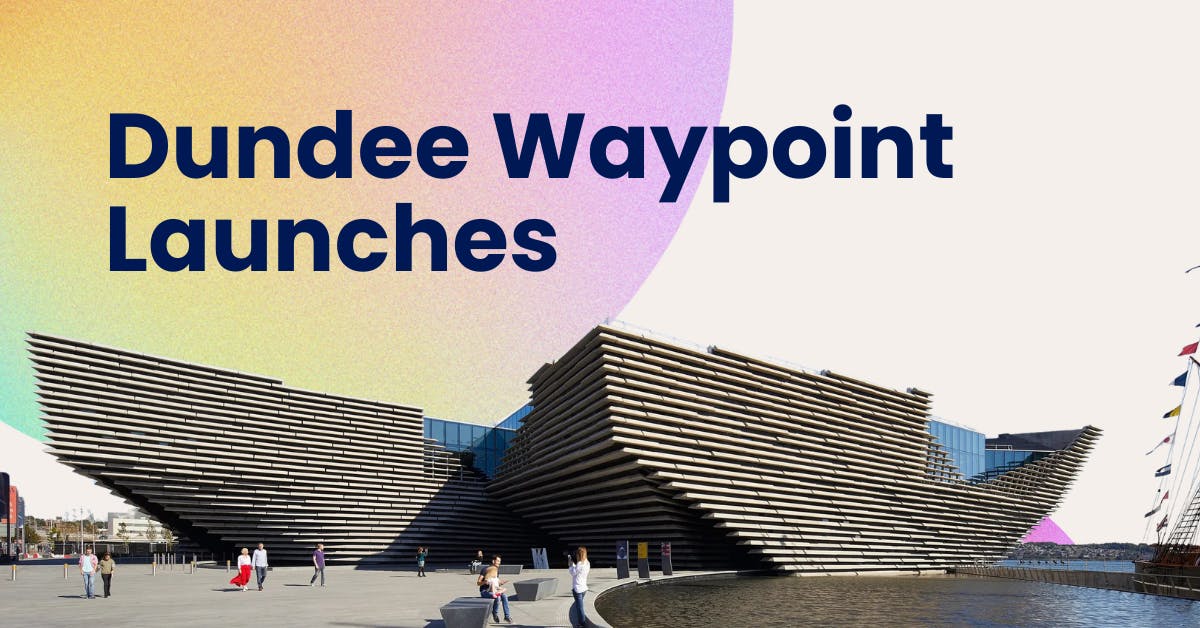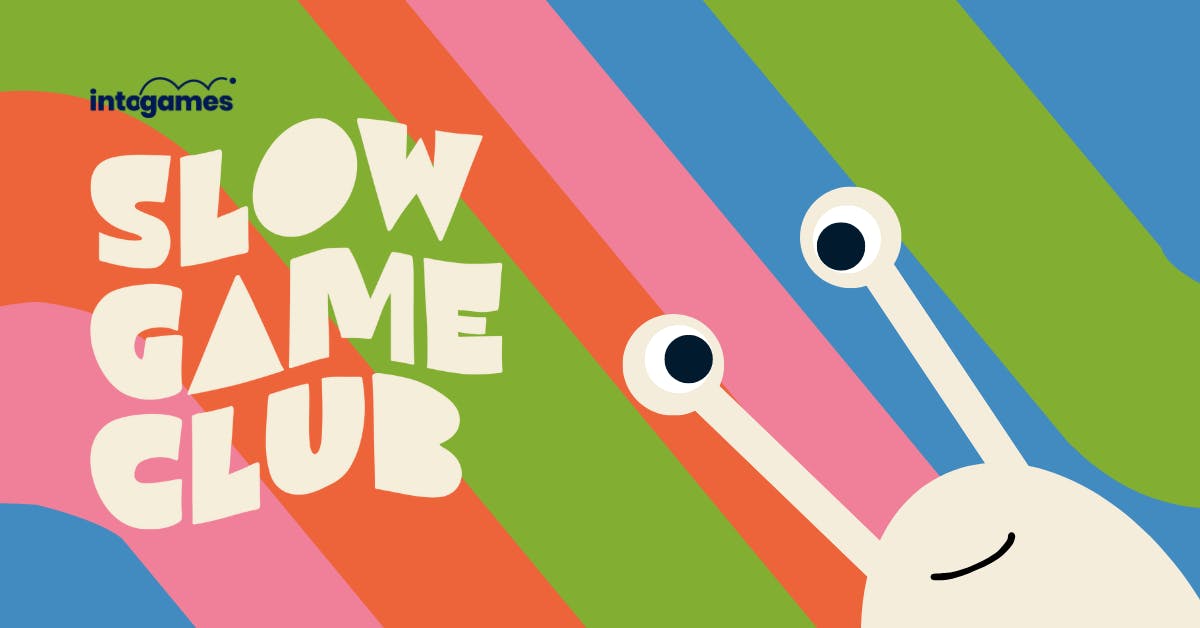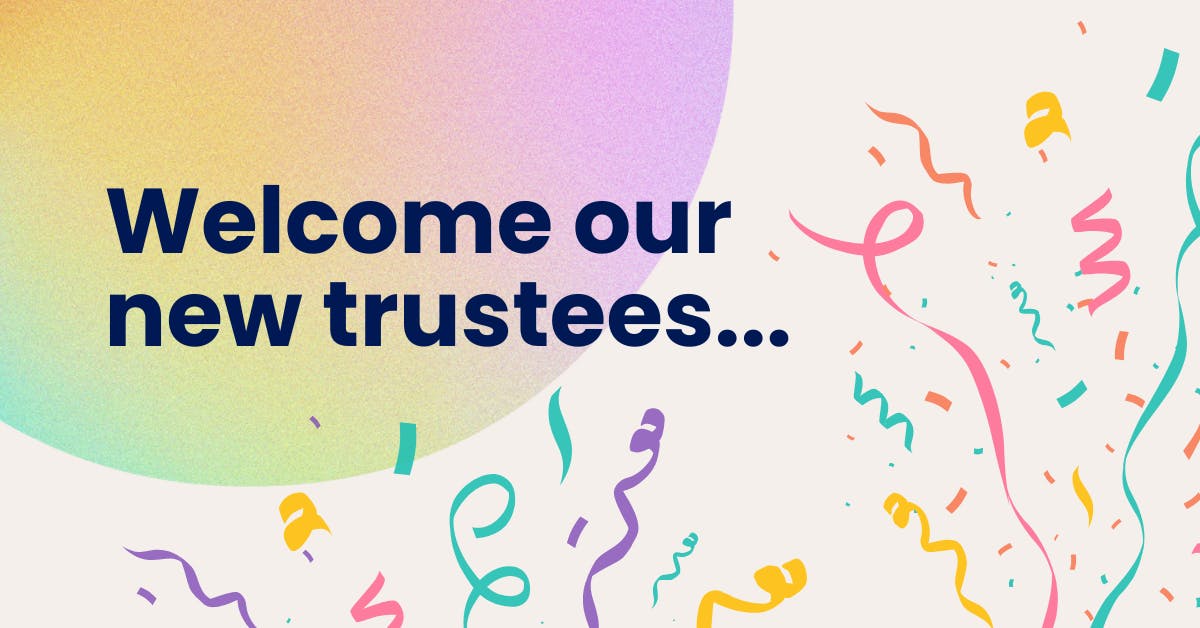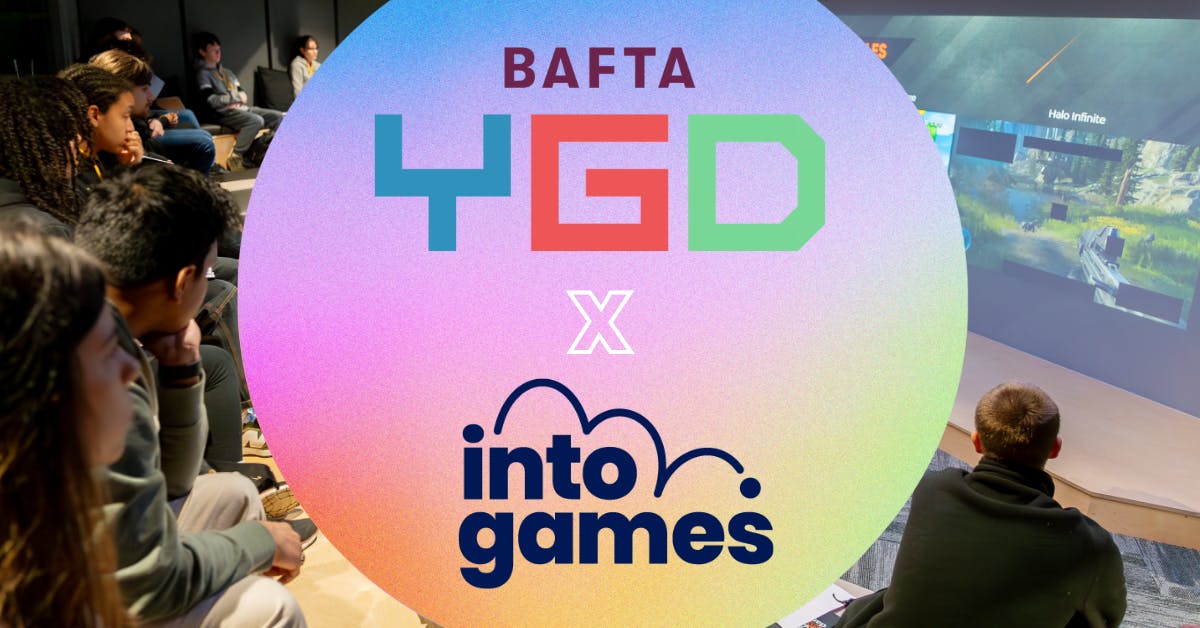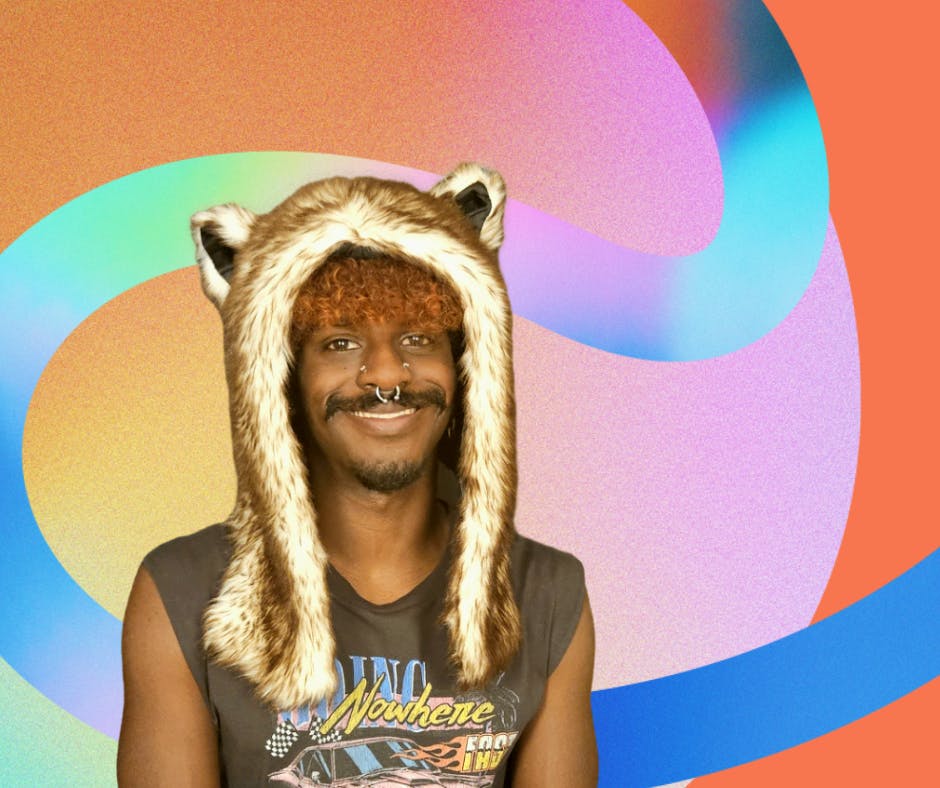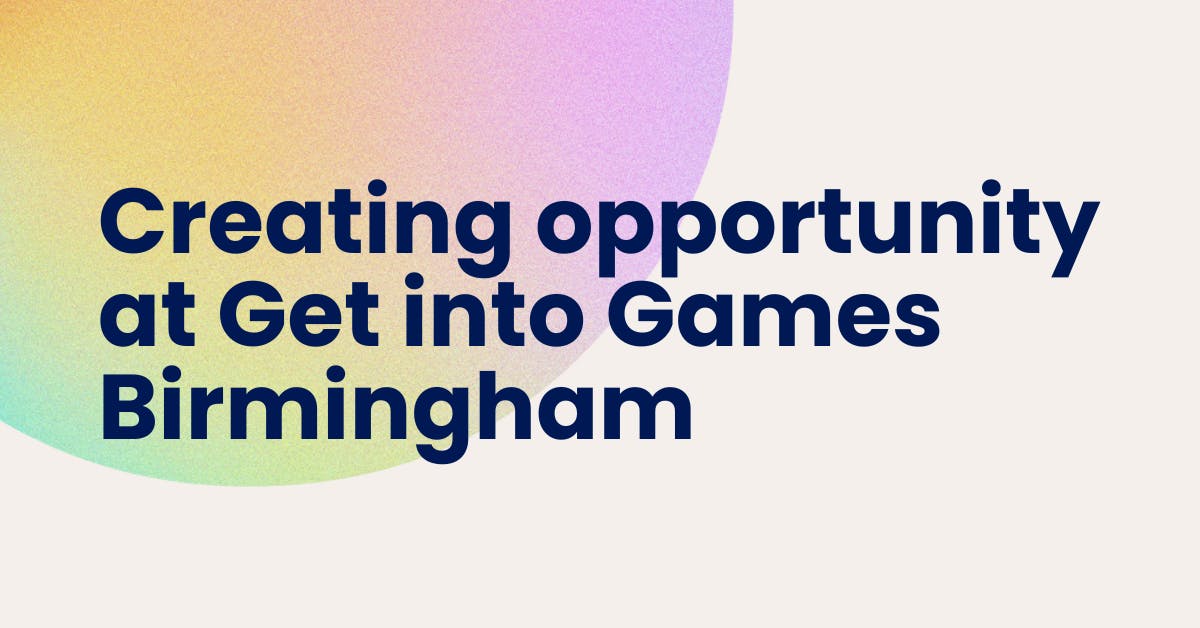
12 August 2020
What does an Esports Host in games do? Interview with Frankie Ward
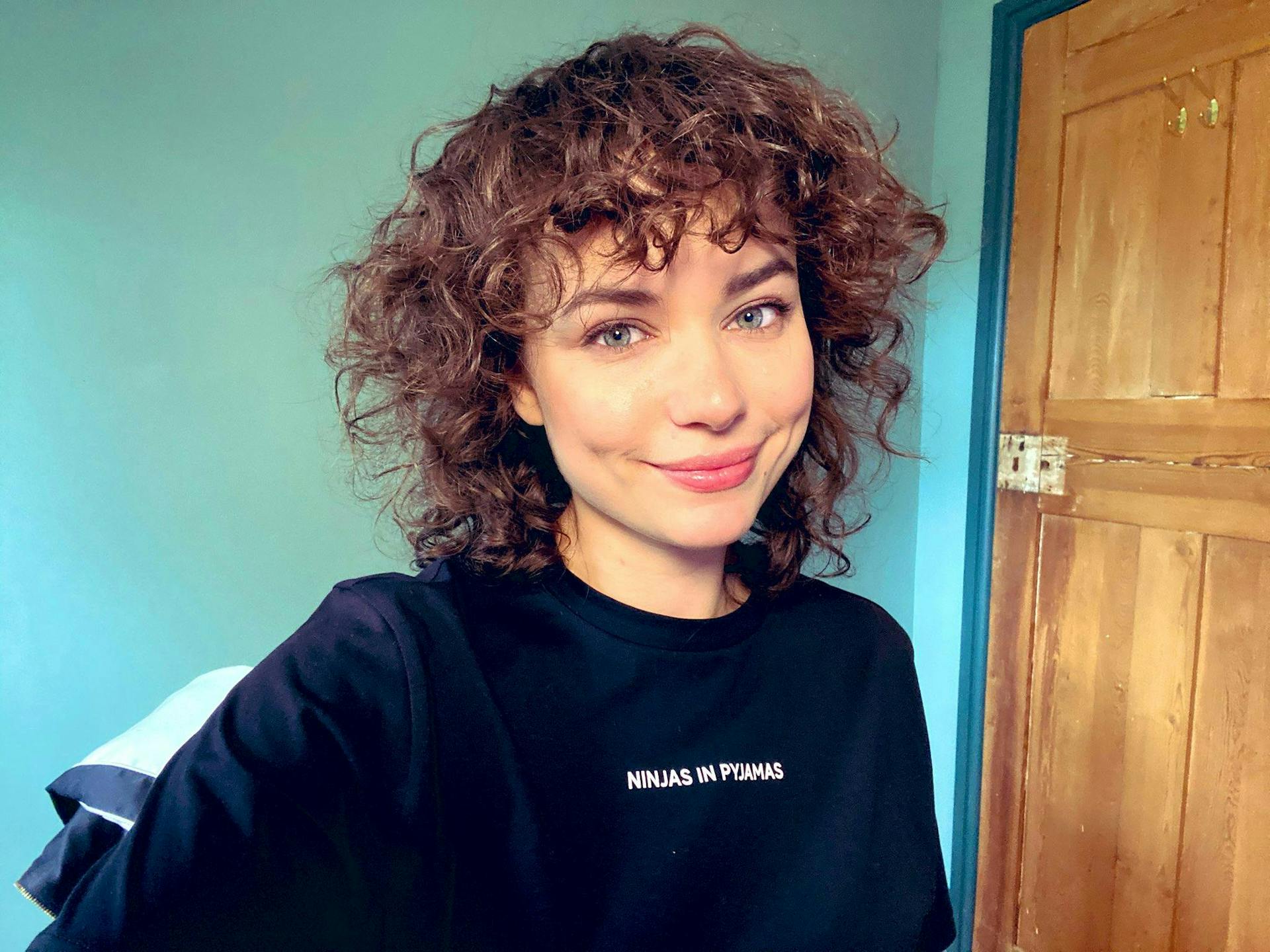
Frankie Ward has spent the past ten years as a producer, but it was only when she produced coverage of the 2015 League of Legends Worlds Quarter-Finals at Wembley for the BBC, that she realised that she could make gaming her career. She went on to work at Twitch Studios and eventually began hosting various events until she was one of the leading Esports Hosts in the world. She has worked events such as E3, The PC Gaming Show, and hosted tournaments for Counter-Strike, PUBG, Overwatch, and more. We asked Frankie some key questions about getting into the games sector.
Explain your role like I'm 5 years old
I'm an esports host, which means I present tournament matches to our audience, either with a team of experts or by talking to players about their matches.
Take us through your average day at work
I genuinely don't have one - if I'm at home, I'll probably be filming or preparing for a show and then streaming in the afternoon on Twitch if time allows. If I'm on a production, I'll start the day looking at interviews published with players at the event I'm working and take notes, and plan for the matches I'll be covering that day. If there's time to go to the gym, I take it! Then I'll be in makeup, potentially a rehearsal if needed and then we're live! If I'm doing a sideline reporter role, I'll often pre-record a couple of interviews before the broadcast begins. Once matches start I'll be watching games, making notes and interviewing players between and after games. If I'm desk hosting, I'll be watching with the broadcast analysts and making notes on what they'd like to discuss in the next segment. Our shows are often really long so I might head straight to bed after a long day, or I'll make notes and plan for the next broadcast if time allows.
What was your educational and career journey into your current role?
I studied Drama and Theatre Arts BA (Hons) at the University of Birmingham and worked as a producer in radio and online for broadcasters including Channel 4 and the BBC. After working on an esports event for the BBC, I discovered the streaming platform Twitch and moved across when a producer role became available. I produced live shows at events for Twitch as well as some videos and then became a full-time host a couple of years ago, after doing bits and pieces in my spare time.
What is the most rewarding thing about your role?
Meeting players and seeing their dedication take them from playing online at home to lifting trophies on stages around the world. I'm there to tell their story, so it's really rewarding to be present when their hard work pays off.
What other roles do you work with the most?
I work with professional players, other broadcast talent, and producers. The producers are really important as they're in charge of the show and I want to make sure what I'm doing is in line with their vision for the entire show. So if they give me guidance on the presentation style or the storylines they're after, it's my job to make sure I follow that. They'll also be communicating to me via in-ear monitors or via a headset, letting me know what items are on screen (if I'm desk hosting), if I'm running out of time and where I need to pass the broadcast over to - be it a commercial break or another broadcaster.
What's the most challenging thing about your role?
As a freelancer you never stop seeking out work or trying to make sure you're the best you can be - my field is highly competitive and it's easy to feel insecure or develop imposter syndrome once you're working on a production. The audience is very vocal about what they do or don't like, so keeping focused on what matters is important.
There's also the technical elements - like working on stage in a massive stadium trying to hype up a crowd while also entertaining the audience at home and trying to remember what you need to say! When you're interviewing a player in an arena, if they don't have in-ear monitors (earphones) then they may not be able to hear your questions either.
What software or digital tools do you use the most?
Google Chrome! My research is online, and so is the audience. But I also produce my own podcast and videos, so I use Audacity and Davinci Resolve for each of those - both are free to use. For broadcasting on my Twitch channel, I use OBS, which is also free.
What are the key skills needed for you to work on to do your role?
Communication skills are essential - you need to actively listen to what your guests or co-workers are saying on camera, and take feedback off it. As on-screen talent, you're responsible for bringing people together - from keeping the energy up in rehearsals, to connecting the production to the audience at home. You also really need to be organised and learn how to research effectively - in esports we don't tend to have researchers doing it for us and we're often hired because of the knowledge we already have; you'll rarely see a script or an autocue on an esports production.
What advice would you give to your younger self looking to get started in the industry?
I didn't know there was a role for me in gaming, so I would have advised myself to look beyond traditional game development roles and see what would enable me to work with games despite a lack of coding skills. I also would say it's good to educate yourself on what game development is - there are lots of different roles that sit under that title.
Do you have any links to good articles or videos that you think might give some tips or advice to someone starting in your role?
I created this video which explains how I got into esports and answered some questions from social media. YouTube: How I Got Into Esports
I also did this presentation which features lots of different talks from people in the industry and would be a good source of advice for newcomers: Intel's FutureGen Series: Frankie Ward
Stay up to date
It's time to level up your inbox
Pick which newsletters you're interested in receiving, and customise further by specifying a discipline.
Join our mailing listTell me more
